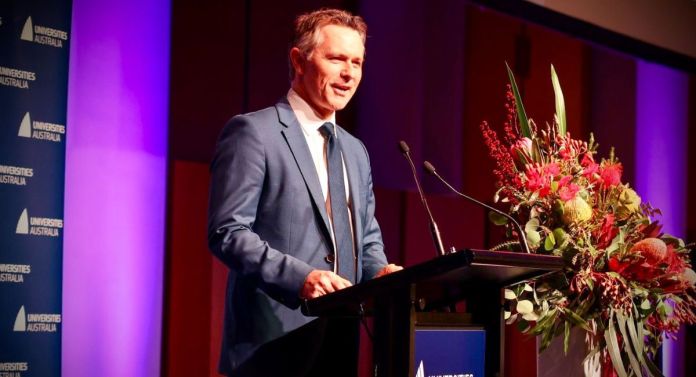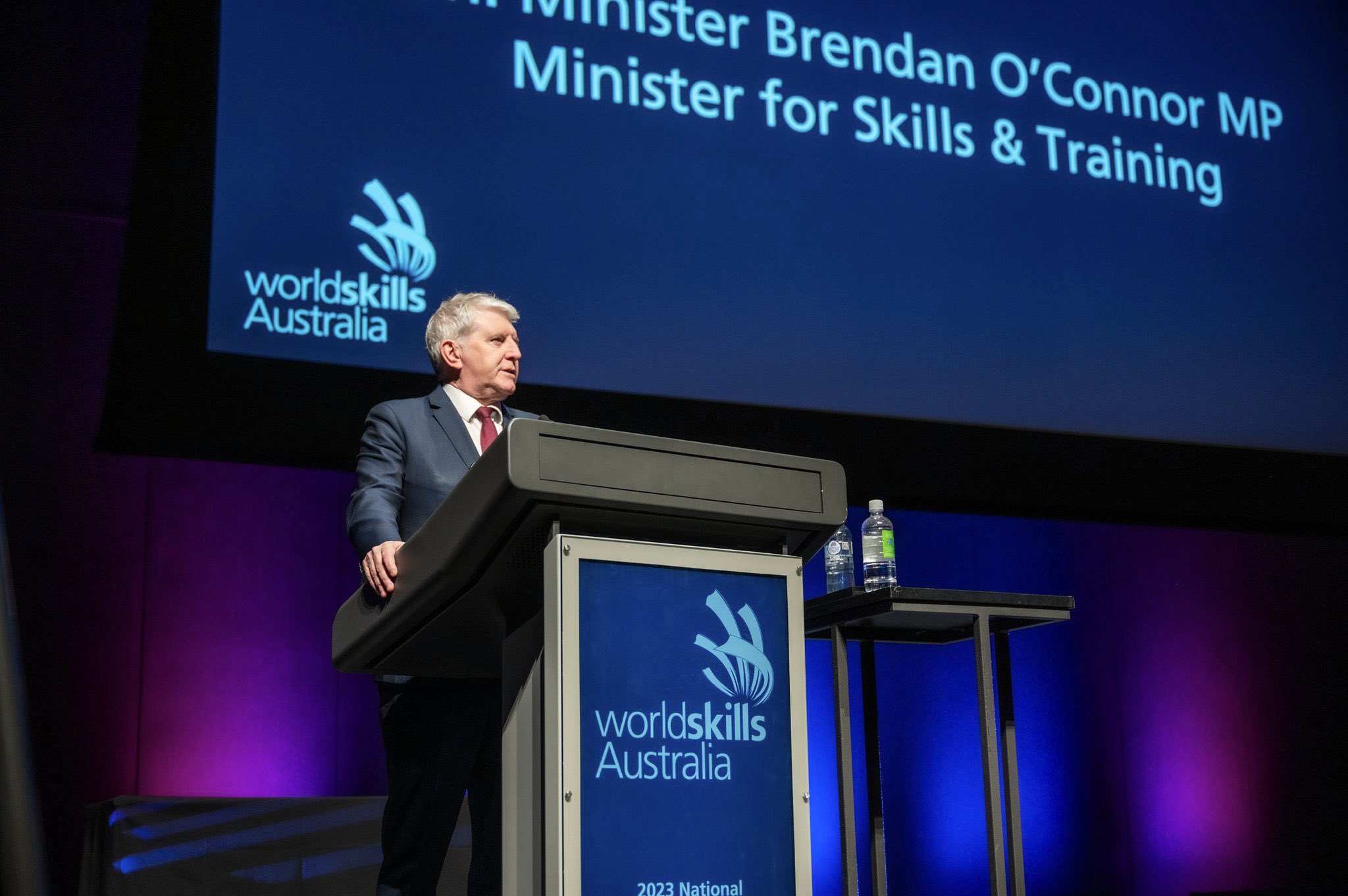The Federal Government has announced a comprehensive package of measures aimed at fortifying the integrity of the international education system and ensuring the well-being of genuine international students.
These measures are designed to safeguard the quality and credibility of this sector, reinforcing Australia’s commitment to both economic growth and international cooperation.
Closing the Concurrent Enrolment Loophole: A Critical Move
One of the key measures introduced by the government is the closure of a concurring loophole. This loophole allowed education providers to transition international students who had been in Australia for less than six months from genuine study programs to arrangements that primarily facilitated access to work in the country.
Recognising the misuse of this ‘concurrent enrolment’ as a serious integrity concern, the government has acted to close this avenue, effective immediately.
The misuse of concurrent enrolment had seen a sharp increase in 2023.

In the first half of the year, approximately 17,000 concurrent enrolments were initiated, in stark contrast to around 10,500 for the same period in 2019 and 2022 combined. This uptick revealed the pressing need to address the issue and maintain the integrity of Australia’s international education sector.
Minister for Home Affairs Clare O’Neil stressed the value of Australia’s global reputation for quality education and the government’s zero-tolerance stance towards those who exploit students.
“Our message is clear – the party is over, the rorts and loopholes that have plagued this system will be shut down.”
The measures introduced reflect the government’s determination to close loopholes and ensure the credibility of the international education system.

Increasing living expenses Financial Requirements
Another significant aspect of the government’s measures is the massive increase in financial requirements for international students applying for a student visa.
These requirements have not been adjusted since 2019, and as living expenses have risen, an update is imperative.
The government claims this increase takes into account the necessary indexation since 2019.
From October 1, 2023, prospective international students will need to demonstrate evidence of $24,505 in savings for living expenses, marking a 17% increase from the current levels.
The change aims to ensure that students arriving in Australia to pursue their studies can support themselves adequately without facing heightened risks of exploitation due to the urgent need for employment.
Minister for Education Jason Clare highlighted the significance of international education, acknowledging the sector’s remarkable recovery post-pandemic.
However, he also emphasised the challenges posed by unscrupulous players seeking to exploit students.
“As students have come back, so have some dodgy and unscrupulous players who are trying to take advantage of them.
“This change will work to stop predatory ‘second’ providers from enrolling students before they have studied for the required six months at their first provider.”
“This will help ensure the integrity of one of our biggest exports while cracking down on dodgy operators,” said Minister Clare.

The new measures, particularly the closure of the concurrent enrolment loophole, are aimed at preserving the integrity of this vital industry while curtailing the activities of dodgy operators.
Targeting High-Risk Providers
In a determined effort to counter fraudulent activities, the federal government is applying additional scrutiny to high-risk cohorts of international students. This scrutiny includes requesting additional documentation during the application process to prevent fraudulent submissions.
Additionally, the government is considering exercising its powers under Section 97 of the Education Services for Overseas Students Act (ESOS Act) to issue suspension certificates to education providers deemed high-risk.
Such certificates would render these providers ineligible to recruit international students. This would be the first instance of the Australian government utilising this power, signifying the seriousness with which the government regards the issue of unscrupulous providers.
Minister for Skills and Training Brendan O’Connor outlined the importance of Vocational Education and Training (VET) in preparing the future workforce.
“Nine out of 10 future jobs will require a post-secondary qualification and VET is a vital pathway to secure jobs. We are committed to lifting perceptions of VET and this is an important step to do that.’
“Ensuring we have a fit-for-purpose VET sector is critical in responding to skills shortages, and teaching and training our existing and future workforce,” explained Minister O’Connor.

These measures demonstrate the government’s commitment to improving the VET sector’s reputation and addressing skills shortages effectively.
Path Forward and Future Measures
The current measures are just the beginning of the government’s efforts to reinforce integrity within the international education system. The Migration Strategy, due to be released later this year, is expected to unveil further measures aimed at strengthening the credibility and reliability of the system.
Support Our Journalism
Global Indian Diaspora needs fair, non-hyphenated, and questioning journalism, packed with on-ground reporting. The Australia Today – with exceptional reporters, columnists, and editors – is doing just that. Sustaining this needs support from wonderful readers like you.
Whether you live in Australia, the United Kingdom, Canada, the United States of America, or India, you can pay a subscription by clicking Patreon. Buy an annual ‘The Australia Today Membership’ to support independent journalism and get special benefits.





